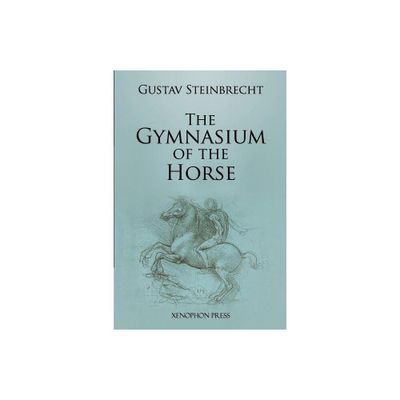Home
Philosophy at the Gymnasium
Loading Inventory...
Barnes and Noble
Philosophy at the Gymnasium
Current price: $130.00


Barnes and Noble
Philosophy at the Gymnasium
Current price: $130.00
Loading Inventory...
Size: Hardcover
*Product Information may vary - to confirm product availability, pricing, and additional information please contact Barnes and Noble
Philosophy at the Gymnasium
returns Greek moral philosophy to its original context—the gyms of Athens—to understand how training for the body sparked training for the mind.
The result is an engaging inroad to Greek thought that wrestles with big questions about life, happiness, and education, while providing fresh perspectives on standing scholarly debates.
In
, Erik Kenyon reveals the egalitarian spirit of the ancient gym, in which clothes—and with them, social markers—are shed at the door, leaving individuals to compete based on their physical and intellectual merits alone. The work opens with Socratic dialogues set in gyms that call for reform in character education. It explores Plato's moral and political philosophy through the lens of mental and civic health. And it holds up Olympic victors as Aristotle's model for the life of happiness through training.
returns Greek moral philosophy to its original context—the gyms of Athens—to understand how training for the body sparked training for the mind.
The result is an engaging inroad to Greek thought that wrestles with big questions about life, happiness, and education, while providing fresh perspectives on standing scholarly debates.
In
, Erik Kenyon reveals the egalitarian spirit of the ancient gym, in which clothes—and with them, social markers—are shed at the door, leaving individuals to compete based on their physical and intellectual merits alone. The work opens with Socratic dialogues set in gyms that call for reform in character education. It explores Plato's moral and political philosophy through the lens of mental and civic health. And it holds up Olympic victors as Aristotle's model for the life of happiness through training.

![The Philosophy Tree [Barnes & Noble Exclusive]](https://prodimage.images-bn.com/pimages/0853793001002_p0_v1_s600x595.jpg)















